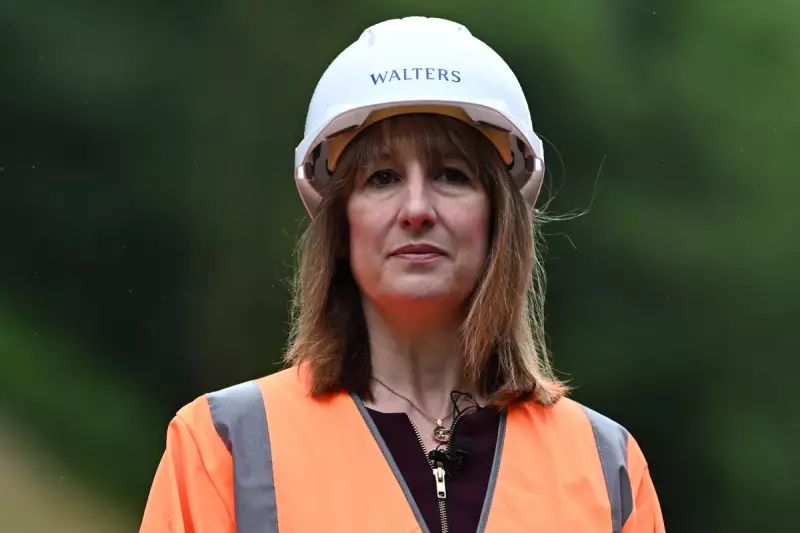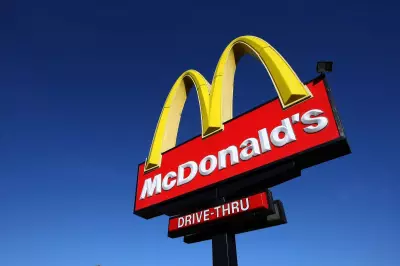
Rachel Reeves, the newly appointed Chancellor of the Exchequer, finds herself at the centre of a political and economic storm as she grapples with the UK's precarious financial situation. With rising interest rates, sluggish growth, and mounting public debt, Reeves must soon decide whether to raise taxes or slash public spending—neither of which will be popular with voters.
The Economic Tightrope
Reeves inherits an economy still reeling from the aftermath of the pandemic and the cost-of-living crisis. Inflation remains stubbornly high, and the Bank of England's interest rate hikes have squeezed household budgets. Meanwhile, public services are stretched thin, with the NHS, education, and infrastructure all demanding significant investment.
Taxation vs. Austerity
The Chancellor faces a dilemma: increasing income tax could further burden struggling families, while cutting spending risks exacerbating already dire conditions in key sectors. Some economists argue that reforming tax loopholes for the wealthy could generate revenue without hitting middle earners, but such measures are often politically contentious.
Market Jitters
Financial markets are watching closely. Any misstep could trigger a loss of confidence, leading to higher borrowing costs for the government. Reeves must balance fiscal responsibility with the Labour Party's promises to invest in public services—a tightrope walk that could define her tenure.
As the summer progresses, all eyes will be on the Treasury. Will Reeves opt for bold reforms or cautious tinkering? The answer could shape Britain's economic future for years to come.





